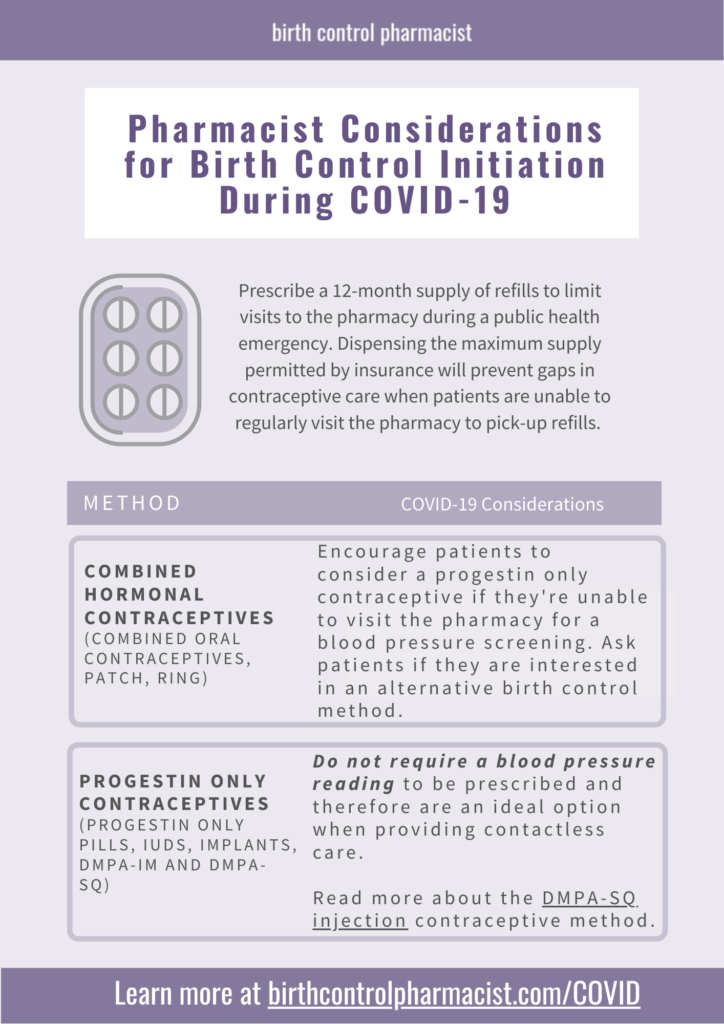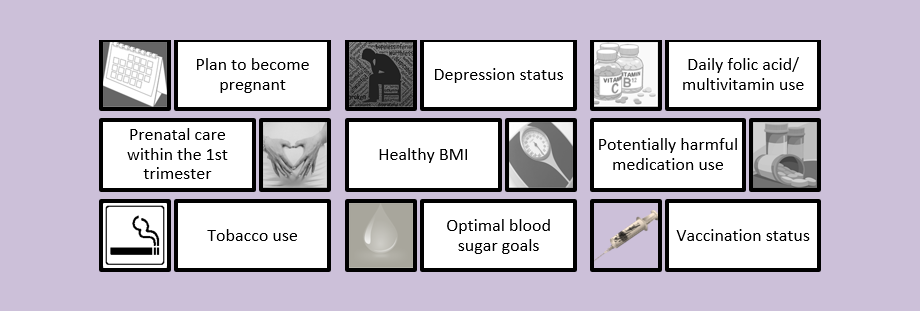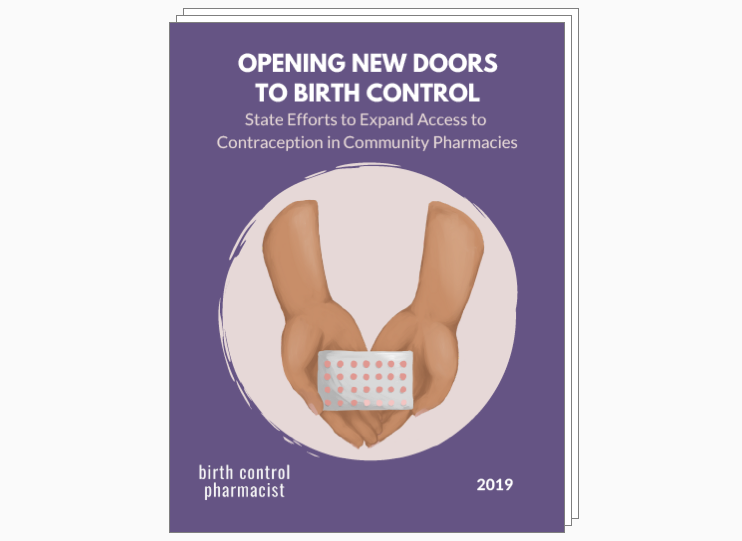Blog
- All
- California
- Commentary
- Guidelines
- Indications
- Methods
- News
- Pharmacy
- Policy
- Reference
- Research
- Training
- Uncategorized
Effectiveness of Hormonal Contraceptives in Patients with Higher Weights
IntroductionObesity is becoming more prevalent every year and as pharmacists, it is important to revisit current contraceptive options for these patients. Overweight patients are defined as having a BMI ranging…
No Taxation for Menstruation: The Importance of Student Pharmacist Advocates
At the University of Michigan College of Pharmacy, the APhA-ASP chapter’s inaugural Women’s Health Campaign hosted multiple events to educate and engage student pharmacists and the Ann Arbor community. While…
Finding Gluten-Free Oral Contraceptive Options for Your Patients
Patients with celiac disease or who otherwise follow a gluten-free diet need to be aware of potential sources of gluten, especially in medications such as oral contraceptives. The FDA defines…
Updates in Male Contraceptive Agents
Male contraceptive agents have been highly anticipated as the next step in contraception innovation. To date, several hormonal agents have been developed and tested for safety and efficacy, with three…
Contraception During COVID-19: Pharmacy Best Practices
Pharmacists should not allow postponed or cancelled appointments to keep patients from accessing birth control. It’s important that patients understand how their pharmacy can continue to meet their contraceptive needs…
Clinical Considerations for Contraception During COVID: Extended Duration of IUDs and Implants
During the COVID-19 pandemic and beyond, patients may desire a contactless method of contraception. The subcutaneous (SQ) formulation of depot medroxyprogesterone acetate (DMPA), Depo-SubQ Provera, is an important option to offer patients. This may be of particular interest among patients who currently come in to the pharmacy or go to a clinic for their intramuscular (IM) injection.
5 Pearls from the 2020 States Forum on Pharmacist Birth Control Services
The second annual States Forum on Pharmacist Birth Control Services recently was held by the Birth Control Pharmacist project in partnership with the National Alliance of State Pharmacy Associations (NASPA).…
Contraception During COVID: California’s Medi-Cal and FamilyPACT Programs Cover Depo-SubQ Provera
We recently wrote about the importance of offering patients subcutaneous depot medroxyprogesterone acetate (DMPA-SQ) as a contactless form of contraception during the COVID-19 public health emergency. California pharmacists can prescribe…
Clinical Considerations for Contraception During COVID: Patient Self-Administration
During the COVID-19 pandemic and beyond, patients may desire a contactless method of contraception. The subcutaneous (SQ) formulation of depot medroxyprogesterone acetate (DMPA), Depo-SubQ Provera, is an important option to offer patients. This may be of particular interest among patients who currently come in to the pharmacy or go to a clinic for their intramuscular (IM) injection.
Contraception for Your Transgender Patients
Terminology Navigating through a discussion about gender and sexuality with the many terms used today can be confusing. Here is a brief introduction to terminology regarding the multifaceted gender spectrum.1…
Twirla: A New Contraceptive Patch
Twirla is a new contraceptive patch that was approved by the FDA earlier this month on February 14, 2020.
Endometriosis Basics and How Contraception Can Help
What is endometriosis? Endometriosis is characterized as a condition in which endometrial tissue, which normally lines the uterus, develops outside of the uterine cavity in abnormal locations such as the…
Should We Offer Preconception Services in Community Pharmacies?
Why is preconception care important? Roughly 4 million pregnancies occur in the United States annually.1 A common misconception is that preconception care is only a health care need when there…
Teratogenic Medications and Contraception Management
The use of prescription medications by pregnant women has increased over the past 30 years and with the usage comes an increased associated risk of exposing the fetus to the…
New Report Released on State Efforts to Expand Access to Contraception in Pharmacies
Download free 17-page report describing the current landscape of direct access to contraception in pharmacies, state legislative approaches and experiences, as well as implementation.
Meet Slynd: A Novel Progestin-Only Pill
What’s this new pill? Slynd® is the new progestin-only oral contraceptive approved by the FDA in May 2019. This novel progestin-only pill (POP) contains drospirenone 4 mg in each active…
New APhA-ASP Women’s Health Campaign
New APhA-ASP Women’s Health Campaign Kick Off Event at University of Michigan College of Pharmacy
Interactions Between Emergency Contraception and Other Hormonal Contraceptives
The American Society for Emergency Contraception (ASEC) recently held their annual EC Jamboree in Washington, DC. Participants included health care providers, researchers, reproductive health advocates, and pharmaceutical stakeholders. One highlight…
5 Pearls from the States Forum on Pharmacist Birth Control Services
The inaugural States Forum on Pharmacist Birth Control Services was recently held in conjunction with the American Pharmacists Association (APhA) 2019 Annual Meeting in Seattle, Washington. This session was hosted by Birth…
Payment for Pharmacist Services in California
As of April 2019, California’s State Medicaid program, Medi-Cal, is providing payment for selected pharmacist services. This change is due to legislation (California Assembly Bill 1114) that was passed in…




















